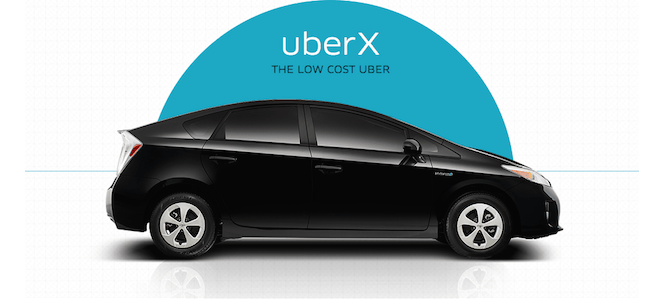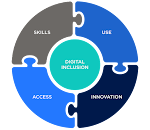
In case you're one of those steadfast Filipino Uber riders who have been concerned in the wake of perusing consecutive reports of a conceivable clampdown on Uber, don't worry.
Uber today reported it has submitted to the Philippines' Land Transportation Franchising and Regulatory Board (LTFRB) its application for accreditation as a transportation system organization (TNC).
This takes after the LTFRB's notice that it would begin taking action against ride booking applications like Uber and their accomplice vehicles on the off chance that they neglected to enlist with the administration at the latest the August 20 due date.
"Lately, there has been warmed level headed discussion in the news and online networking about the due dates forced by the powers. In the course of recent months, Uber has been setting up our accommodation for TNC accreditation with the master direction of the Department of Transportation and Communications and LTFRB," said Laurence Cua, Uber Manila's general supervisor. "Today, we can affirm that Uber's application has been submitted and has been generally welcomed by the powers."
LTFRB open help head Arnel del Rio affirmed with Tech in Asia that Uber has given over the prerequisites for accreditation.
Del Rio says they're presently assessing the reports from Uber and, if complete, the organization could be recompensed an accreditation as right on time as tomorrow, August 18.
Research material
This implies Uber is no more in heated water over the lawfulness of its administration. Then again, the same can't be said for its accomplice drivers who are not in fact representatives of the multi-billion-dollar organization.
Uber and other web-associated transport organizations must pay a charge of PHP 10,000 (US$216) for accreditation, which is renewable at regular intervals. Accomplice vehicle proprietors need to apply for an establishment with the web organizations and pay a recording charge of PHP 510 (US$11) for the initial two vehicles.
In May, the Philippines made an administrative structure for ride booking administrations, making it the first nation in Asia to authorize such administrations. Until today, just GrabCar, GrabTaxi's private vehicle booking administration, had secured an accreditation under this new arrangement of tenets.
Uber says it didn't intend to bring about stress for its travelers and it was working intently with the legislature. "Uber has dependably had one objective – to give access to solid, moderate and safe transportation alternatives whenever and anyplace to all Filipinos at the push of a catch," Cua clarified. "We anticipate the proceeded with backing and administration of the legislature of the Philippines in accomplishing this."
The Philippines' turn to authorize application based ride administrations took after months-long open conferences to make sense of how to control Uber's operations. Uber was under flame from taxi administrators who needed the tech organization banned. At first respecting weight, Philippine controllers propelled a sting operation against the organization, yet it reverse discharges. People in general was offended, inciting controllers to investigate innovation based transport administration
